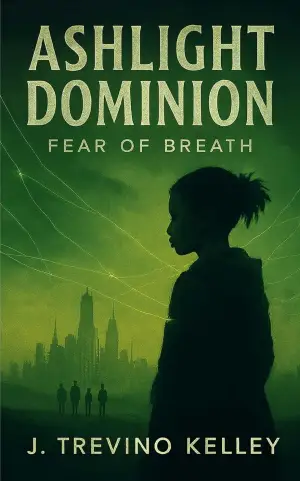I recently dove into Masterpieces: The Best Science Fiction Short Stories of the 20th Century, a collection meticulously curated by the renowned author Orson Scott Card. As a passionate reader of science fiction, I’ve always been captivated by the genre’s ability to explore the vastness of imagination and humanity’s intricate place within it. This anthology caught my eye not only due to its impressive lineup of contributors but also because it promised a journey through the evolution of science fiction over the last century.
One of the things I appreciated most about this collection is its thoughtful organization into three distinct eras: The Golden Age, The New Wave, and The Media Generation. Card provides a rich context for each era, allowing readers to appreciate how each period’s socio-political landscape influenced the stories crafted within it. Many readers have highlighted this structure as a significant positive, noting how it enriches the reading experience by placing these stories within their historical and thematic frameworks.
The sheer variety of styles and themes is astonishing. The anthology features works from giants like Isaac Asimov, Arthur C. Clarke, and Ursula K. Le Guin, each offering a unique flavor. For instance, Poul Anderson’s "Call Me Joe" delves into psychological themes through an engineered remote on Jupiter, captivating me with its blend of high concepts and retro technology. Similarly, Ursula Le Guin’s "The Ones Who Walk Away from Omelas" left a profound impression, as it challenges readers to confront moral complexities inherent to happiness.
However, not every story resonated as well. While many readers (including myself) found value in Card’s selection, some other reviewers expressed disappointment in a few choices, citing Ellison’s "Repent, Harlequin!" as an example of an inclusion that felt out of place. I found that sentiment echoed in the reflections of many, who remarked on how the anthology does contain some less successful experimental pieces. The quality of any anthology ultimately hinges on personal taste, and while I enjoyed the majority of the stories, I, too, found a couple that didn’t hit the mark for me.
Another drawback raised by readers is the limited representation of female authors. While Le Guin certainly stood out, the collection feels skewed towards well-known male authors from previous decades, missing the contributions of other significant voices. This is an aspect that Card could have better addressed, potentially making the reading experience feel more inclusive and expansive.
Despite these critiques, Masterpieces stands tall as a significant compilation that not only showcases the best of 20th-century science fiction but also provokes deep thought about our future and humanity’s choices. One characteristic highlighted by many readers, including John M. Ford, is how the collection captures the essence of the genre’s evolution and challenges, making it an intriguing read for those familiar and unfamiliar alike.
In conclusion, I would recommend Masterpieces for any science fiction lover eager to explore the genre’s rich history through its most influential tales. While it may not be without its imperfections, the collection succeeds in its mission to celebrate some of the best science fiction stories ever penned. It’s a great companion for anyone looking to understand where we’ve been as we chart the uncharted territories of our literary cosmos. If you appreciate bold, thought-provoking narratives that weave science and philosophy together, you won’t want to miss this anthology.








